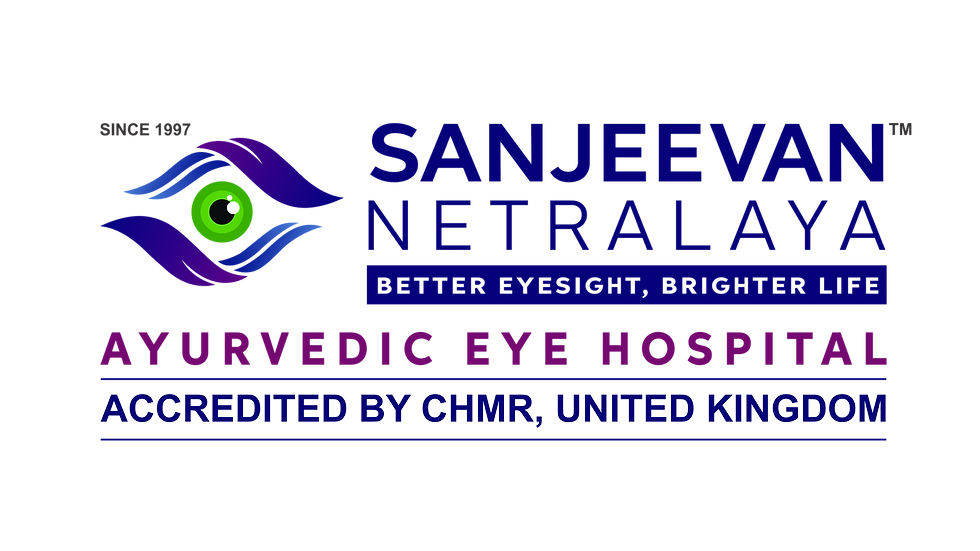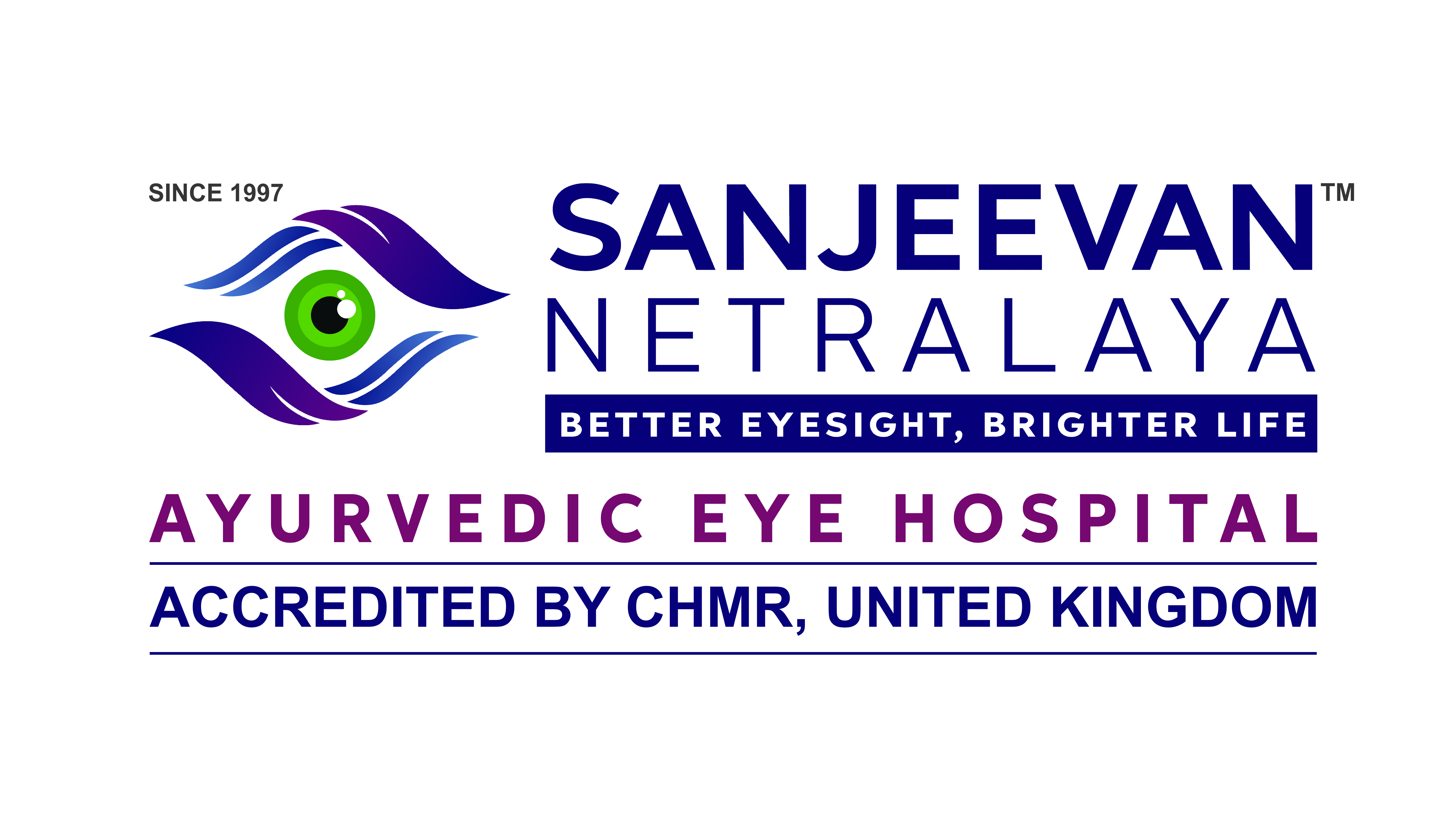- Hiren Suryawanshi
- Aug 14, 2024
- 3 min read
Updated: Sep 26, 2024

Eales' disease was first identified by British ophthalmologist Henry Eales in 1880. It is an idiopathic occlusive vasculitis that affects the mid-peripheral retina, characterised by retinal venous inflammation (periphlebitis), vascular occlusion, and subsequent retinal neovascularisation. A key feature of Eales' disease is recurrent vitreous hemorrhage.
Epidemiology:
Eales' disease primarily affects young males, typically in their second decade of life. It is more common in India and Middle Eastern countries but has been reported globally. A study by Biwas et al. found a male-to-female ratio of 20:1, with a mean age of onset at 29.9 years, ranging from 11 to 59 years.
Etiology:
The exact cause of Eales' disease remains unknown, and it is considered idiopathic.
Pathophysiology:
Eales' disease progresses through overlapping stages, including retinal periphlebitis, ischemia, and neovascularisation. Peripheral retinal periphlebitis-associated vascular occlusions lead to retinal ischemia and neovascularisation, resulting in recurrent vitreous hemorrhage. Recent research has explored potential immunological, molecular biological, and biochemical mechanisms, including the roles of free radical-mediated damage, oxidative stress, human leukocyte antigens, retinal autoimmunity, and Mycobacterium tuberculosis.
Immunologic mechanisms, such as T-cell lymphocytic infiltration, have been suggested, as T-cell lymphocytes have been observed in epiretinal and subretinal membranes in Eales' disease patients. Currently, the etiology is thought to be multifactorial, likely an immunological reaction triggered by exposure to an exogenous agent.
The most widely supported theory is hypersensitivity to tuberculoprotein, which may develop following exposure to Mycobacterium tuberculosis. A retrospective study found that 47.8% of epiretinal membrane samples from Eales' disease patients tested positive for one or more Mycobacterium species, compared to 11.1% of controls, using polymerase chain reaction (PCR). Similar findings have been reported in other studies, with the mycobacterium genome also detected in vitreous fluid samples. However, despite this association, Eales' disease may represent a variant of tuberculosis-related vasculitis, although its precise relationship to tuberculosis remains unclear, as the disease has also been observed in Mantoux-negative cases.

At Sanjeevan Netralaya Ayurvedic Eye Hospital, Eales' Disease is treated with great success.
Eales Disease Ayurvedic Treatment at Sanjeevan Netralaya Ayurvedic Eye Hospital
Eales Disease is a rare retinal disorder characterized by inflammation and the formation of abnormal blood vessels in the retina, which can lead to vision loss and complications. At Sanjeevan Netralaya Ayurvedic Eye Hospital, we offer specialized Eales Disease Ayurvedic Treatment designed to address this condition and support overall retinal health.
Our Eales Disease Ayurvedic Treatment takes a holistic approach, combining traditional Ayurvedic remedies with modern techniques to manage symptoms and promote healing. We focus on reducing inflammation, improving blood circulation in the retina, and supporting the health of the affected tissues.
Key components of our treatment include:
• Herbal Remedies: Utilizing proprietary Ayurvedic herbs with anti-inflammatory and healing properties to help manage retinal inflammation and support vascular health.
• Enhanced Circulation: Improving blood flow to the retina to reduce the risk of further complications and promote natural healing.
• Lifestyle Guidance: Offering advice on diet, stress management, and other lifestyle factors to support overall eye health and prevent disease progression.
At Sanjeevan Netralaya, our experienced Ayurvedic practitioners tailor the Eales Disease Ayurvedic Treatment to the individual needs of each patient. This personalized approach ensures that the treatment plan is effective and aligned with your specific condition.
If you are looking for a natural and comprehensive approach to managing Eales Disease, Sanjeevan Netralaya Ayurvedic Eye Hospital provides the expert care you need. Contact us today to learn more about our Eales Disease Ayurvedic Treatment and how it can help improve and restore your vision.

